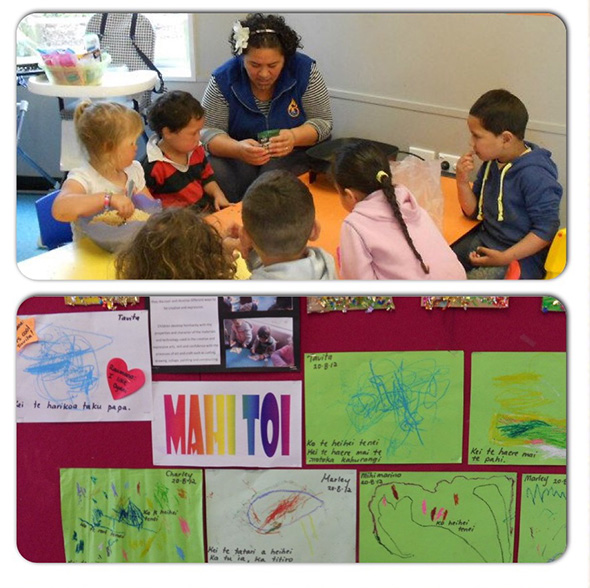Please for information on the seventh �������ϲʿ�����¼ Conference on Language Endangerment 'Language Endangerment: Language Contact and Language Change', taking place on 4th July 2017.
��
Language Endangerment and the Speaker. Alternative identities, new speech communities and changing linguistic��norms
31st July 2015

Venue
, 7 West Road, �������ϲʿ�����¼ CB3 9DT
��
Organisers
(Department of French/ Peterhouse, �������ϲʿ�����¼)
(School of Modern Languages, Queen's University, Belfast) damien.mooney@qub.ac.uk
��
Call for Papers
Ensuring an increase in speaker numbers is a crucial part of the successful revitalisation of an endangered language. These efforts often target schoolchildren, in the hope of re-establishing communication between generations in the endangered language, and other age-groups, who identify with the cultural context of the endangered language but who may have been denied the opportunity of acquiring it via intergenerational transmission. The recruitment of 'new' speakers can therefore often have a marked effect on the existing endangered language speech community in terms of its social makeup, its identity and its language practices. This conference invites papers that reflect on these issues: To what extent should reversing language shift incorporate identity planning? How do the actors of revitalization persuade members of the 'dominant' speech community that their current identity would be enhanced by its repackaging to include the endangered language? How successful has formal education actually been in both increasing speaker numbers and, crucially, in transmitting the endangered language in a different way? Do 'new' speakers use the endangered languages in different ways from 'traditional' speakers and to what extent do these two groups in fact interact with each other? Do the linguistic norms and practices of 'new' speakers vary from those of the 'traditional' speakers? Does the speech of 'new' speakers reveal evidence of innovative linguistic features?
Abstracts: (200 words maximum) to be submitted via email to the organisers by April 1st 2015
Paper format: 20 minutes + 10 minutes for questions
��
Registration
. The standard fee is £35 with a reduced fee of £20 for students (proof of student status will need to be presented). This includes lunches and refreshments at the conference.
The 3-course conference dinner is available as an optional extra to the conference package and should be booked at the same time (please see under ‘optional items’ on the booking form). The cost of the dinner is £45 (including wine) (no student discount available). The dinner will be held in the historic at Peterhouse.

Please note that all bookings and payment have to be made via this website. We regret that there is no provision for delegates to pay on the day.��
Bookings that are not accompanied by payment will not be registered on the system.
The programme is available to download .
A booklet containing the abstracts for all of the papers to be given at the conference is available .
��
Accommodation
The organisers are unable to arrange or help book accommodation. However, the following websites may be useful
��
��
��


